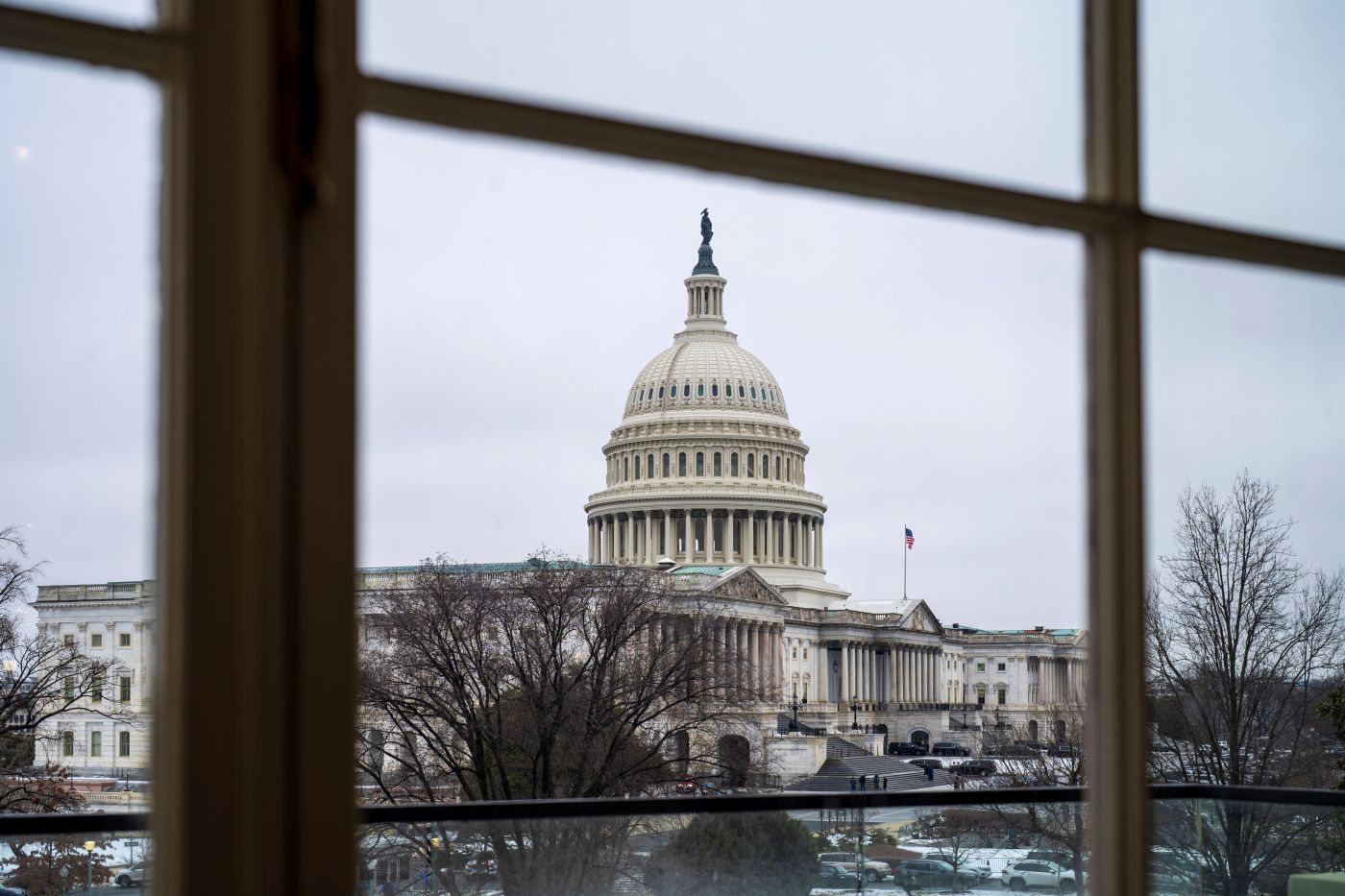
Gibbons: Lawmakers must pass EPIC Act
The start of a new era of American governance brings hope for seniors and healthcare advocates eager for change. As a testament to the opportunity for legislation that puts patients first, the recent bipartisan re-introduction of the Ensuring Pathways to Innovation Cures Act demonstrates a commitment to protecting patients, particularly seniors, and their access to the treatments they rely on.
While the Inflation Reduction Act’s drug pricing provisions have disrupted seniors’ healthcare, the passage of the EPIC Act represents a critical opportunity to mitigate some of the law’s most harmful consequences and revitalize the nation’s medical innovation pipeline.
The IRA has worsened seniors’ healthcare, effectively “breaking” Medicare Part D. Since its passage, Part D premiums have increased by 21% and are expected to continue climbing. Meanwhile, available options have plummeted, with the number of Part D plans dropping to an all-time low — less than half the number available when the program was created in 2006.
The IRA’s damage extends beyond Medicare. Within the law’s drug-pricing provisions is the “Pill Penalty” — an unnecessary discrepancy in how the law treats small-molecule drugs (such as pills and tablets) versus biologics (often administered in healthcare facilities).
Small molecules are more affordable and accessible, more economically sustainable, and more versatile than biologics. They are also used to treat illnesses such as Alzheimer’s, neurological conditions and cancer, making their continued development essential.
Under the law, biologics receive a 13-year exemption from the Medicare Drug Price “Negotiation” Program, while small-molecule drugs are subjected to price controls after just nine years. This disparity chills innovation, disincentivizing researchers and pharmaceutical companies from pursuing pill-based treatments that could be price-capped before they recoup their development costs.
Compounding this crisis is the financial reality facing older Americans. Eighty percent of seniors are financially insecure, with many living on fixed incomes. They cannot afford to be forced into costlier and less accessible biologic injections or transfusions simply because the IRA discourages the production of small-molecule drugs.
Thankfully, the EPIC Act would remedy this disparity. Introduced in the House and Senate, this law would extend the exemption period for pills to match the 13 years allotted for biologics. While not a perfect fix, the EPIC Act would be a crucial first step toward restoring incentives for innovation and protecting the development of treatments that patients depend on.
Lawmakers could pass this measure by incorporating it into coming budget reconciliation bills. It is encouraging to see members reach across the aisle to prioritize patients over politics. It is hoped that other lawmakers will follow their lead, working to safeguard the future of medical innovation and ensure that seniors have access to the medications they need. Pill-form medications are indispensable.
Mark Gibbons is the president and CEO of RetireSafe/InsideSources

